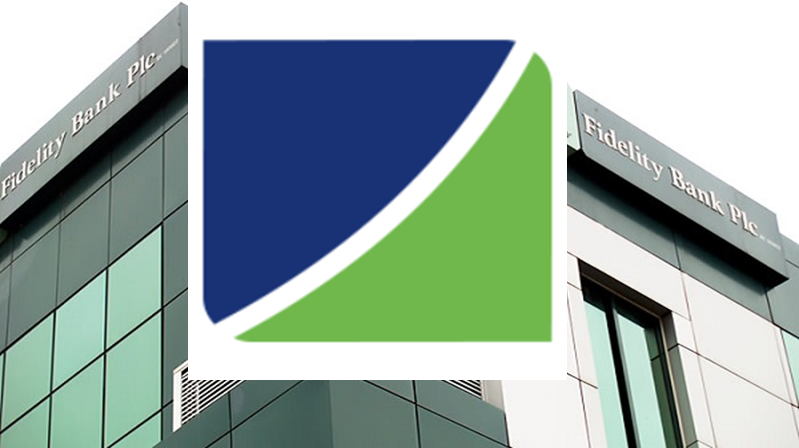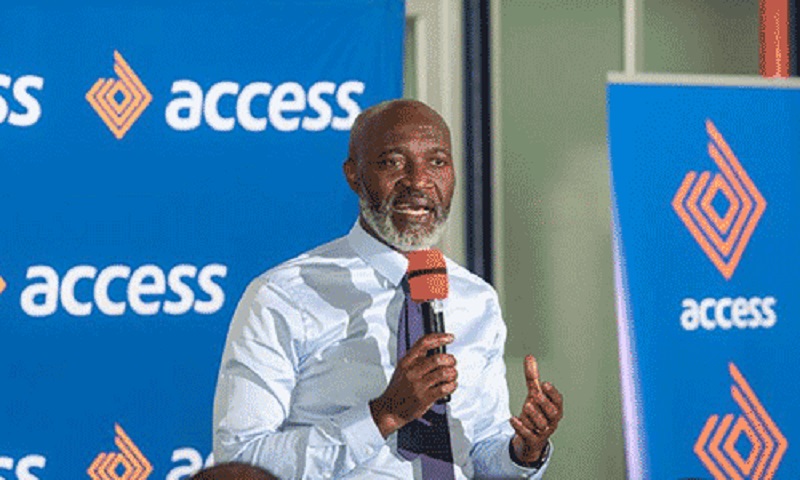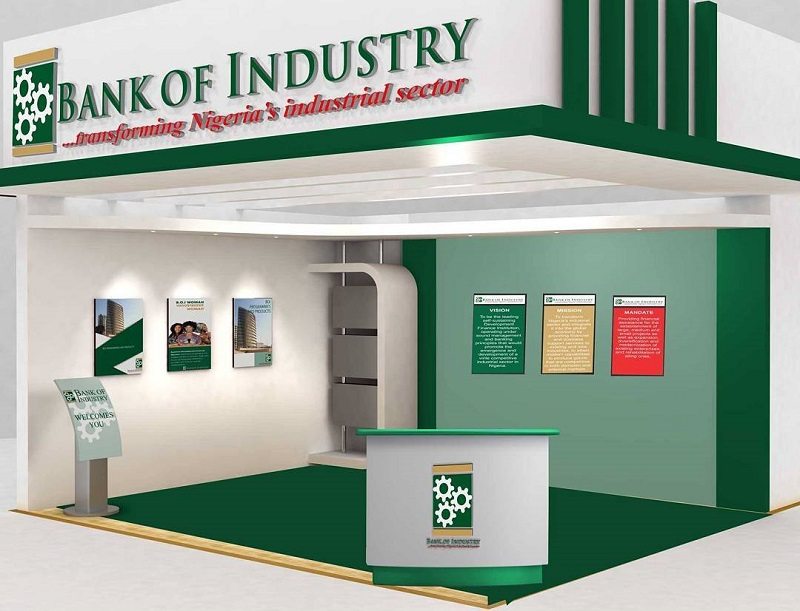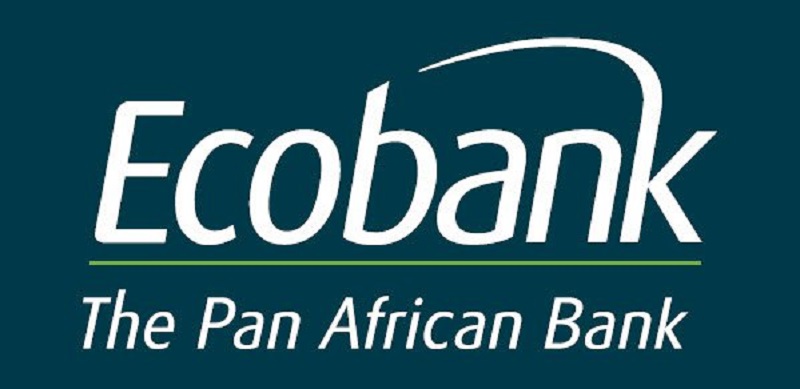Banking
Fitch Affirms Fidelity Bank at ‘B-‘

** **Expects Market Share to Rise
By Modupe Gbadeyanka
The Long-Term Issuer Default Rating (IDR) of Fidelity Bank Plc has been affirmed by Fitch Ratings at ‘B-‘ with a stable outlook.
A statement issued by the rating agency explained that the IDRs of the mid-level Nigerian lender are driven by its standalone creditworthiness, as expressed by its ‘b-‘ Viability Rating (VR).
However, it noted that the loan quality remains weak as the bank’s impaired (Stage 3 under IFRS 9) loans ratio (5.4 percent at end-1H19) is low relative to the sector average, but a large stock of Stage 2 loans (20 percent of gross loans at end-1H19) that are concentrated by single-borrower and derive from troubled sectors such as power and oil and gas, present a risk to Fidelity Bank’s financial profile.
Fitch stressed that specific loan loss coverage of impaired loans (49 percent at end-1H19) is low as explained by management’s view of collateral valuation, but broadly in line with peers.
According to the statement, the VR of the bank reflects its size as highlighted by market shares of loans and deposits of around 4 percent.
But Fitch said it expects the market share to increase in line with management’s growth strategy, pointing out that the financial institution has a high cost of funding that limits pricing power compared with larger peers.
It further said the profitability metrics of the lender are adequate, with operating returns over risk-weighted assets averaging 1.6 percent over the past four years.
“Profitability metrics tend to exceed those of similar sized peers, given that Fidelity Bank has not experienced the particularly high loan impairment charges that other banks have incurred.
“Profitability continues to be constrained by a relatively weak net interest margin, which is explained by a high cost of funding and a low interest spread on Fidelity Bank’s increasing on-lending activities, in addition to a high cost-income ratio,” it said.
It further said the solvency of the bank is adequate because the company’s FCC ratio (15.6 percent at end-1H19) compares favourably with similar sized peers, but should be considered in the context of high single-borrower concentration and a large stock of Stage 2 loans.
Fitch noted that the bank’s loans/customer deposits ratio (96 percent at end-1H19) is higher than peers, but explained by a greater volume of non-deposit funding (31 percent of non-equity funding at end-1H19), in particular a $400 million Eurobond maturing in 2022 and funds for on-lending, which are low-cost and carry a tenor of up to 20 years.
“A higher proportion of longer-term funding serves to reduce asset and liability maturity mismatches, which are comfortably covered by holdings of liquid assets. This is balanced against high single-depositor concentration (in particular in US dollars) and a reliance on less stable deposit funding,” it said.
Banking
Proposed Bidvest Bank Acquisition by Access Bank Hits Regulatory Brick Wall

By Aduragbemi Omiyale
The proposed acquisition of South African financial institution, Bidvest Bank by a Nigerian lender, Access Bank Plc, has hit a brick wall.
Access Holdings Plc, the parent company of the Nigerian bank, had announced on December 12, 2024, its intention to completely takeover Bidvest Bank.
Talks regarding the 100 per cent stake acquisition began between the two banks and January 26, 2026, was fixed as the long-stop date by which all conditions required for the completion of the deal.
However, the day has come and gone with the conclusion of the transaction still hanging, according to Access Bank in a statement on Tuesday, February 10, 2026.
The company disclosed that certain conditions, including regulatory requirements, were not fully met as of the expiration of the long-stop date.
While Access Bank thanked the board and management of Bidvest for their patience and support throughout this process, it noted that the brick wall experienced in the transaction “reflects the complexities and extended timelines associated with multi-jurisdictional regulatory and transactional processes.”
However, the chief executive of Access Bank, Mr Roosevelt Ogbonna, said the organisation remains “constructively engaged with stakeholders on this transaction towards finding a potential path to closure.”
“This initial outcome does not diminish our confidence in South Africa’s financial ecosystem,” he declared, pointing out that the lender remains “focused on building Africa’s most respected financial institution, strengthening our trade finance capabilities and delivering long-term value to customers, partners and communities across all our markets.”
Banking
CBN Grants Bank of Industry Approval to Operate Non-Interest Banking

By Adedapo Adesanya
The Bank of Industry (BoI) has secured regulatory approval from the Central Bank of Nigeria (CBN) to offer Non-Interest Banking (NIB) services, marking a major expansion of its financing framework.
The approval was disclosed in a statement by the BoI Managing Director, Mr Olasupo Olusi, on Sunday, February 8, 2026.
The move is expected to strengthen the bank’s role in promoting sustainable industrial development and improving access to finance for underserved and high-impact business segments across Nigeria.
With the approval, BoI is authorised to commence non-interest banking operations, providing ethical, asset-backed financing options that prohibit interest and promote risk-sharing.
The initiative aligns with growing demand for alternative financing structures that support inclusive growth and social development objectives.
Mr Olusi described the approval as a significant milestone in the bank’s growth and long-term development agenda, adding that it positions BoI to deepen its contribution to Nigeria’s industrialisation drive through tailored financial solutions.
“This development marks a significant milestone in the Bank of Industry’s growth and long-term development agenda,” Olusi said.
“It positions the bank to further advance Nigeria’s sustainable and inclusive industrial development through tailored financial solutions for underserved and high-impact business segments.”
“Under this framework, BoI will be able to finance assets and raw materials for customers using approved non-interest banking products,” he added.
Mr Olusi noted that the approval underscores the CBN’s confidence in BoI’s governance and commitment to responsible financing.
He said the licence would allow the bank to scale its operations, introduce innovative financing solutions, deepen support for Micro, Small and Medium Enterprises (MSMEs), and reach a new category of borrowers who were previously unable to access BoI’s funding.
Reconstructed in 2001 from the former Nigerian Industrial Development Bank (NIDB) Limited, BoI was originally incorporated in 1959 to transform the country’s industrial sector by providing long-term, low-interest financing and advisory support to various enterprises.
The introduction of a non-interest banking window is expected to broaden BoI’s financing toolkit and attract new pools of ethical and faith-based capital.
Banking
Yemi Kale for Second Ecobank Customer Forum on Regional Integration

By Modupe Gbadeyanka
The Group Chief Economist and Managing Director for Research and Trade Intelligence at the African Export-Import Bank (Afreximbank), Mr Yemi Kale, has been pencilled down to deliver the keynote address at the second Ecobank Customer Forum.
The programme, themed Strengthening Regional Integration for Economic Transformation, will take place at the Ecobank Pan-African Centre (EPAC) in Lagos.
The forum, organised by the bank’s Fixed Income, Currencies and Commodities (FICC) Business (Treasury), is designed to examine critical issues shaping Nigeria’s and Africa’s economic outlook in 2026, with particular focus on trade, financial markets, foreign exchange liquidity and regional integration, especially as the African Continental Free Trade Area (AfCFTA) agreement enters a strategic phase of implementation.
The Regional Treasurer for Ecobank Nigeria Limited, Mr Olumide Adebayo, said the one-day programme reinforces the lender’s role as a trusted financial partner and customer-focused institution, with the intention to foster dialogue, support informed decision-making, and deeper regional economic integration across Africa.
According to him, the seminar will open with welcome remarks by the Managing Director/Regional Executive of Ecobank Nigeria, Mr Bolaji Lawal, who will underscore the bank’s commitment to supporting customers and driving inclusive growth through strategic dialogue, innovation and pan-African collaboration.
The keynote address, titled The Future of Trade in Africa: Harnessing the AfCFTA for Economic Transformation, will be delivered by Mr Kale and will provide insights into Africa’s trade prospects and the transformative potential of the AfCFTA.
The forum will feature two high-level panel discussions: Balancing the Risk between Interest Rate and Exchange Rate: Business Expectations and Outlook in 2026, and Export Proceeds, Oil Receipts and Remittances in 2026: Exploring Options that Best Support FX Liquidity and Flows in Nigeria.
The event would be moderated by Messrs. Aruoture Oddiri, Host and Producer of Global Business Report on Arise News and Barnabas Vajeh of Ecobank Nigeria Limited.
-

 Feature/OPED6 years ago
Feature/OPED6 years agoDavos was Different this year
-
Travel/Tourism9 years ago
Lagos Seals Western Lodge Hotel In Ikorodu
-

 Showbiz3 years ago
Showbiz3 years agoEstranged Lover Releases Videos of Empress Njamah Bathing
-

 Banking8 years ago
Banking8 years agoSort Codes of GTBank Branches in Nigeria
-

 Economy3 years ago
Economy3 years agoSubsidy Removal: CNG at N130 Per Litre Cheaper Than Petrol—IPMAN
-

 Banking3 years ago
Banking3 years agoSort Codes of UBA Branches in Nigeria
-

 Banking3 years ago
Banking3 years agoFirst Bank Announces Planned Downtime
-

 Sports3 years ago
Sports3 years agoHighest Paid Nigerian Footballer – How Much Do Nigerian Footballers Earn












